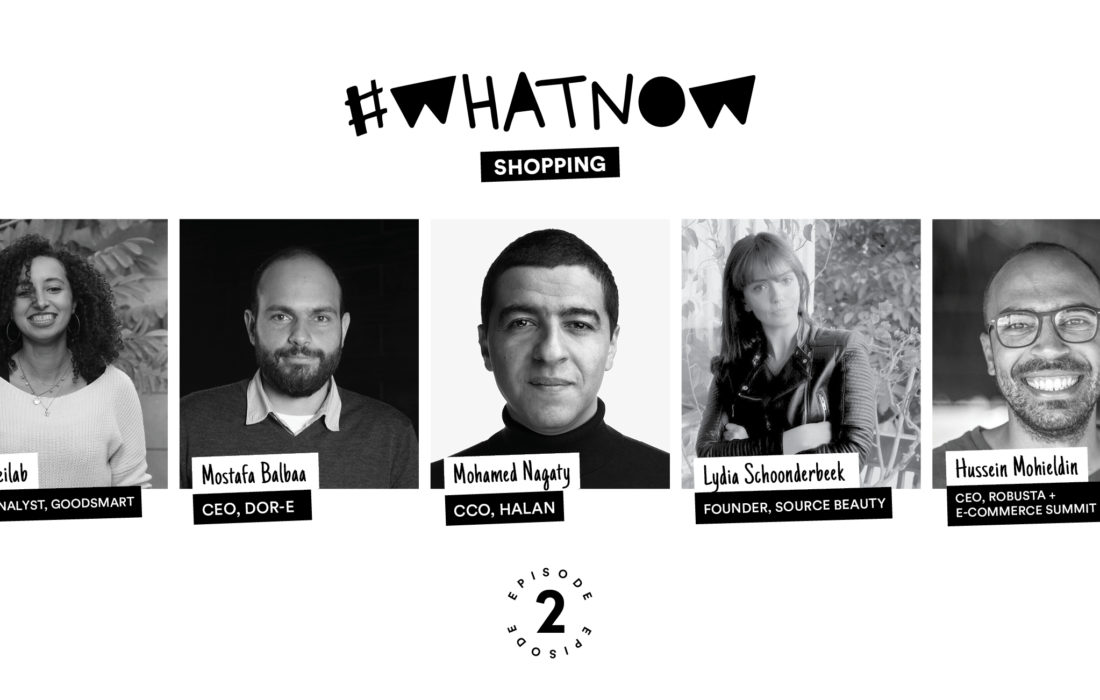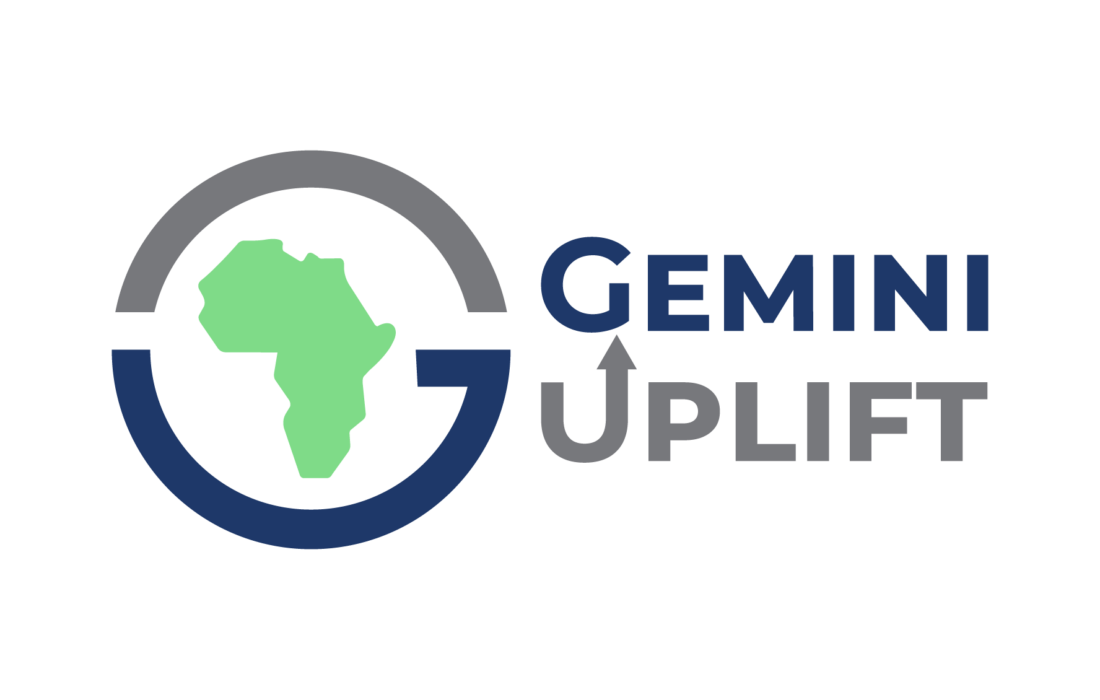The Muslim population is extremely diverse, it falls into several major cultural groups, speaks over 2300 languages. Less than 20% of Muslims are Arabic speakers. Reciting the Quran is already challenging for Arabic speakers it is more so for non-Arabic speakers. Tarteel has built its AI to support people as they recite and memorize the Quran.
The startup has used the contributions of Muslims around the world to create its AI. The majority of contributors come from Egypt, the U.S.A, Pakistan and India, followed by Syria and Palestine. The startup relies on these contributions to improve the algorithm. Since the more data is amassed the better the AI becomes at recognizing different voices and detecting mistakes.
“In order for us to build a model for normal people, we need our training data to be from ordinary Muslims.”
Abdellatif Abdelfattah, Co-Founder, Tarteel
Abdellatif Abdelfattah, Anas Abou Allaban and Mohamed Moussa co-founded Tarteel in July 2018. The co-founders came up with the idea for Tarteel at a Muslim Hackathon in the San Francisco Bay Area three years ago. Their aims is to make it more accessible for Muslims to learn and recite the Quran.
Crowdsourcing Quranic Recitations
However, they faced a significant obstacle: obtaining data. Abdelfattah tells WAYA “There is no publicly available data set on how normal Muslims recite the Quran, which is essential to build this AI algorithm”. They started thinking of solutions, the most obvious was to use professional receivers to build their AI. Although, when they started working with this method, they realized it was problematic. “The way professional reciters recite the Quran is fundamentally different from the average Muslim. For example, the average Muslim tends to have a much lower level of tajweed, background noise, they come from different age groups and genders. In order for us to build a model for normal people, we need our training data to be from ordinary Muslims,” Abdelfattah explains.
The found a solution to this problem. They simply asked people to contribute five or more verses. So far, 244,678 contributions have been made. The variety of people contributing ensures that the data will be able to recognize different accents. Tarteel is also encouraging women to contribute more since they only make up 30% of recitations contributed.
Tarteel’s Plans for the Future
Tarteel will release a new Quran correction feature soon. This feature will detect mistakes during recitation and correct them. The startup is also partnering with schools and parents to help children with Quran recitation. Tarteel is self-funded for the time being, but the startup wants to generate income through partnerships with schools and parents.
If you see something out of place or would like to contribute to this story, check out our Ethics and Policy section.














